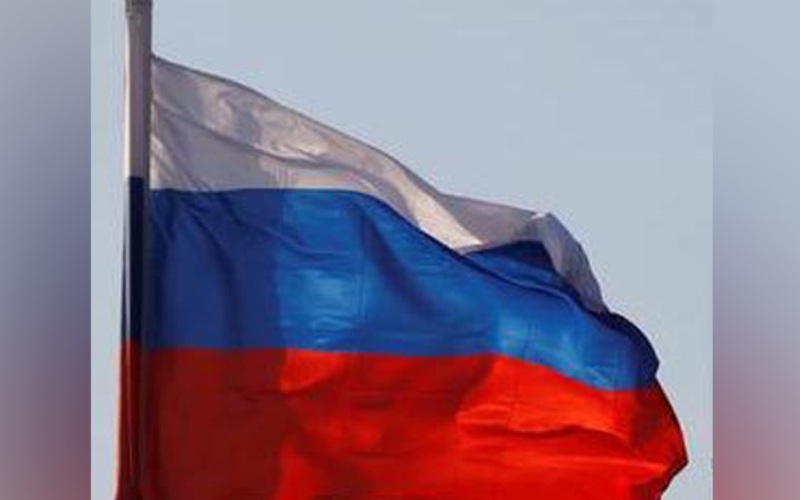Moscow: The United Nations General Assembly (UNGA) on December 5, adopted a Russian resolution on international information security (IIS) titled “Developments in the field of information and telecommunications in the context of international security.”
“Russia and India have joined their efforts for achieving democratic, inclusive and transparent United Nations negotiation process on security in the use of information and communications technologies,” a press release from Ministry of Foreign Affairs of the Russian Federation read.
The resolution was supported by several countries and co-authored by over 30 countries.
Opening a new page in the global discussion on international information security which was launched 20 years ago, the issue of international security was first placed on the UN’s agenda in 1998 at Russia’s initiative.
“It is notable that breakthrough decisions aimed at strengthening IIS have been adopted in the anniversary year of 2018. These decisions aim to protect the interests of all countries in the sphere of cyber security regardless of their level of technological development,” stated the press release.
The document includes a number of innovations, starting with a provisional list of 13 international rules, norms and principles of responsible behaviour of states in this sphere.
“These are crucial provisions, such as the commitment to use information and communications technology (ICTs) exclusively for peaceful purposes, to respect the sovereignty of states in the information space, to cooperate in the fight against the criminal or terrorist use of ICTs, and to prevent the proliferation of malicious ICT tools and techniques and the use of harmful hidden functions,” the statement asserted.
Russia has also recommended making the United Nations negotiation process on security in the use of information and communications technologies more democratic, inclusive and transparent.
With this aim in view, Russia has proposed convening open-ended working group (OEWG) acting on a consensus basis.
“This means that all UN member states without exception will be able to take part in its activities. We are convinced that the era of “club” arrangements is over and that all countries, regardless of their level of technological development, have a right to take a direct part in talks on IIS at the UN and to influence the decision-making process. Every vote counts and must be taken into consideration. Only in this way can we create the basis for a fair and equal world order in the digital sphere,” the press release emphasised.
According to the release, the OEWG will be authorised to consider the entire range of issues related to IIS. It will continue, as a priority, to further develop the rules, norms and principles of responsible behaviour of states in information space, study how international law applies to the use of ICTs by states and build up the digital capability of the developing countries. The OEWG will offer an opportunity to all countries to contribute to discussions and decision-making on these subjects.
“Moreover, the status of discussions on IIS at the UN has been enhanced. Unlike the previous UN group of governmental experts on IIS, the OEWG will be a fully-fledged body of the UN General Assembly with the right to draft and recommend any documents to member states, including drafts of international treaties,” stated the press release.
The OEWG will also analyse different options for creating a permanent UN negotiating body on IIS.
Russia also noted that this resolution was supported by several countries excluding the Western countries, primarily the United States and the EU.
“By doing this, the Western countries have set themselves off against the international community. It is indicative that these very states are promoting an atmosphere of mistrust in the media and accusing other countries of cyber attacks. This leads to the conclusion that they have only their own mercenary goals in mind and have no interest in looking for objective and pragmatic solutions to the problem of information security, or in ensuring that talks on this topic are open and transparent for all parties,” Russia stated.
[source_without_link]ANI[/source_without_link]

